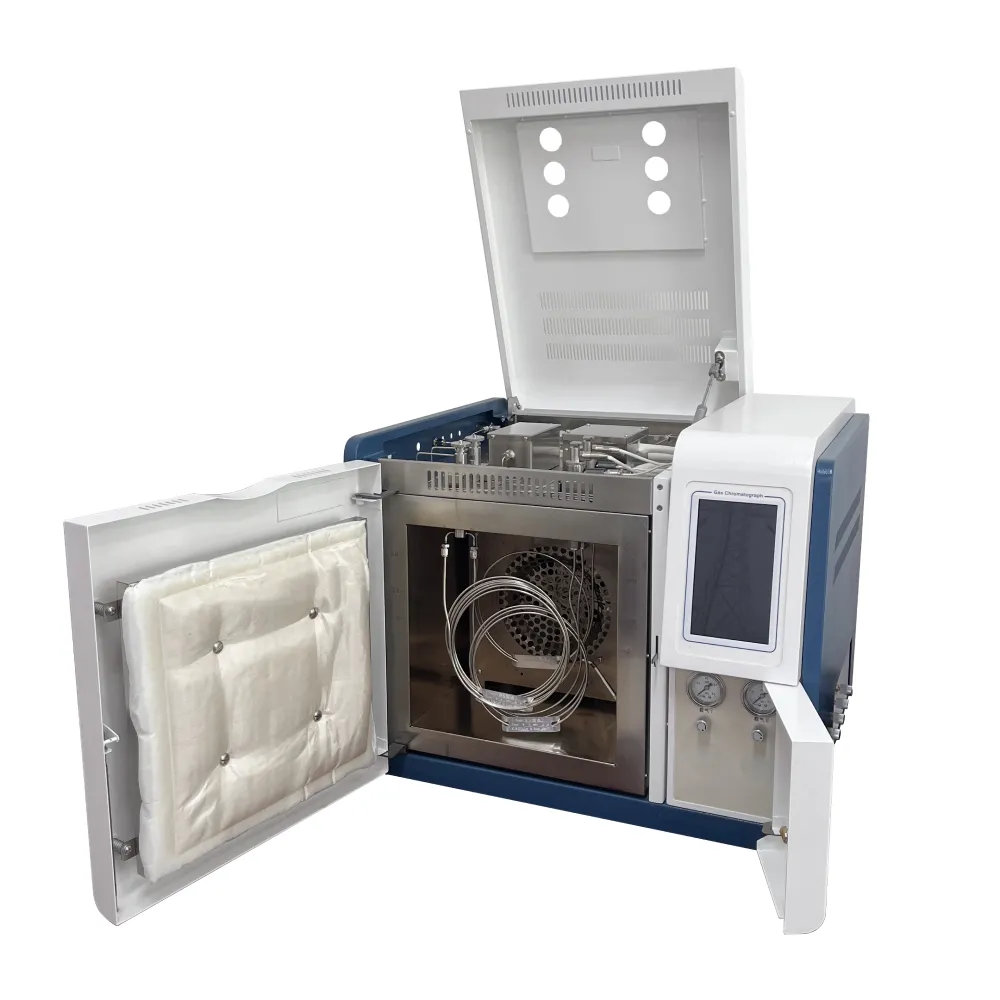 English
English


Measuring Interfacial Tension in Various Fluid Systems Using Advanced Tensiometer Techniques
Understanding the Interfacial Tensiometer and Its Applications
The interfacial tensiometer is an essential instrument used to measure the interfacial tension between two immiscible liquids or between a liquid and a solid. This property is critical in various scientific and industrial processes, including emulsion stabilization, coating applications, and the formulation of detergents and surfactants. By accurately measuring interfacial tension, researchers and engineers can better understand how different substances interact at their interfaces, leading to optimized formulations and improved product performance.
One of the primary components of an interfacial tensiometer is the Wilhelmy plate, which is a thin, elongated piece of material that is partially submerged in a liquid. When the plate contacts the liquid, it experiences a force due to surface tension, which can be measured with high precision. This method not only provides a direct reading of interfacial tension but also allows for studies on the dynamic behaviors of interfaces under varying conditions, like temperature and surfactant concentration.
interfacial tensiometer

In the field of materials science, interfacial tension plays a critical role in determining the wetting properties of materials. This is particularly relevant in processes such as painting, printing, and coating technologies, where the interaction of the coating material with the substrate can significantly influence the quality and durability of the final product. By employing an interfacial tensiometer, manufacturers can tailor their formulations to achieve optimal wetting and adhesion properties.
Moreover, the interfacial tensiometer is widely used in the formulation of emulsions and foams. In cosmetic and food industries, knowing the interfacial tension helps in creating stable emulsions, enhancing product texture, and prolonging shelf life. Similarly, in pharmaceuticals, controlling interfacial tension is vital in the development of drug delivery systems that require precise emulsification for effective bioavailability.
In conclusion, the interfacial tensiometer is an invaluable tool in both research and industrial applications. Its ability to accurately measure interfacial tension allows scientists and engineers to gain deeper insights into material interactions, leading to improved product formulations and enhanced performance across various sectors. As research continues to advance in this area, the interfacial tensiometer will undoubtedly play a crucial role in the development of innovative solutions to meet the challenges of modern science and engineering.
-
Differences between open cup flash point tester and closed cup flash point testerNewsOct.31,2024
-
The Reliable Load Tap ChangerNewsOct.23,2024
-
The Essential Guide to Hipot TestersNewsOct.23,2024
-
The Digital Insulation TesterNewsOct.23,2024
-
The Best Earth Loop Impedance Tester for SaleNewsOct.23,2024
-
Tan Delta Tester--The Essential Tool for Electrical Insulation TestingNewsOct.23,2024





